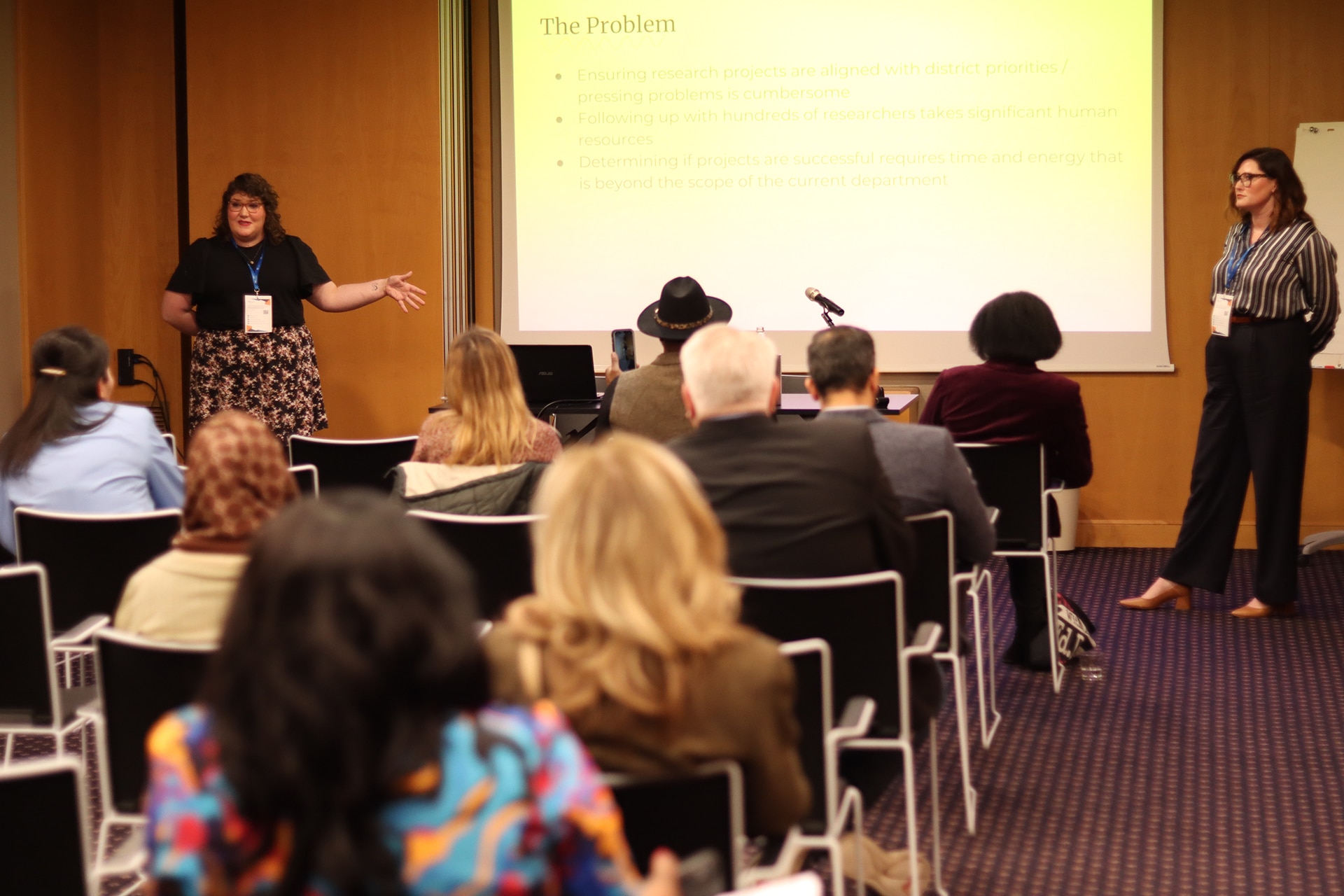

459 views||Release time: Dec 27, 2024
The abstract review process is a crucial step in academic conferences, as it determines whether your work qualifies for presentation. A well-written abstract can significantly increase your chances of acceptance by effectively conveying the importance and quality of your research.
This guide outlines the steps and criteria involved in the review process and provides tips to craft a compelling abstract.

Authors submit abstracts through the conference's submission platform. Each abstract must align with the conference's theme and adhere to specific formatting guidelines.
The conference committee conducts a preliminary check to ensure:
Abstracts failing these checks may be desk-rejected.
Qualified reviewers with expertise in relevant fields are assigned to evaluate the abstracts.
Each abstract is typically reviewed by 2–3 reviewers. The process is often double-blind, meaning reviewers and authors remain anonymous.
Reviewers assess whether the research addresses a unique or novel problem.
A strong abstract is concise and clearly articulates the research problem, methodology, and findings.
Abstracts must align with the themes and goals of the conference.
The approach or methods used in the research should be sound and well-explained.
Reviewers consider the potential impact of the research on the field.
Abstracts that meet all evaluation criteria are accepted for presentation.
Reviewers may request revisions before the abstract is fully accepted.
Abstracts that fail to meet the criteria are rejected, often with feedback to help authors improve.
The abstract review process is designed to identify research that is innovative, impactful, and relevant to the conference's goals. By understanding the review criteria and avoiding common pitfalls, you can craft an abstract that stands out and secures your spot at the conference.
For more resources and guidance, visit iconf.com.